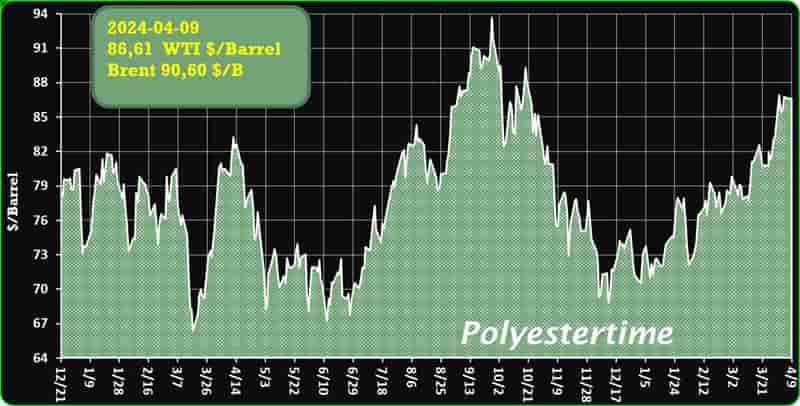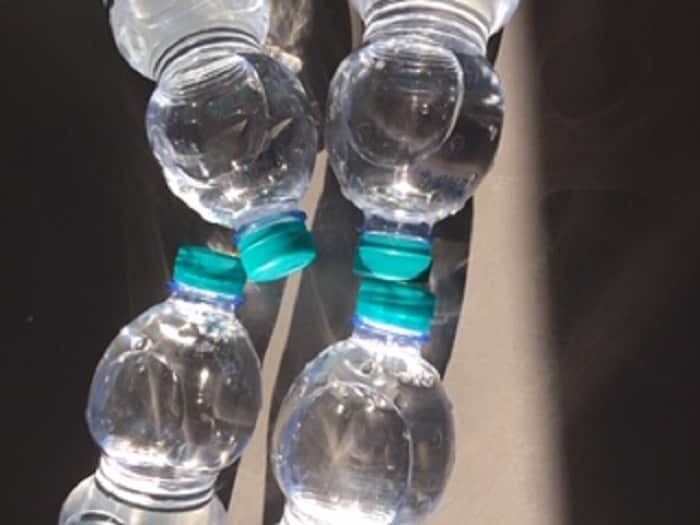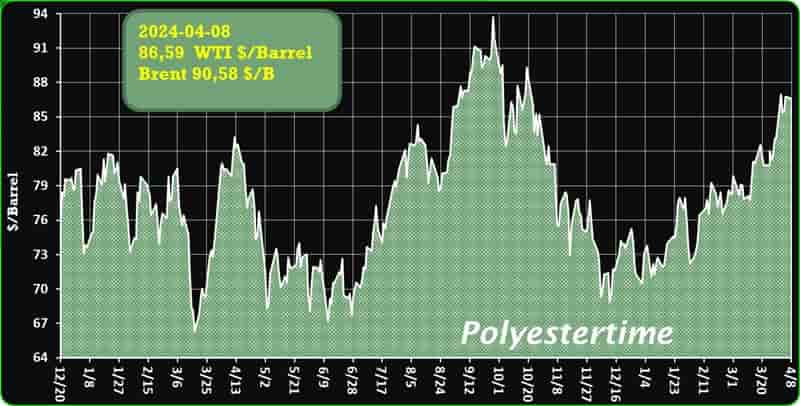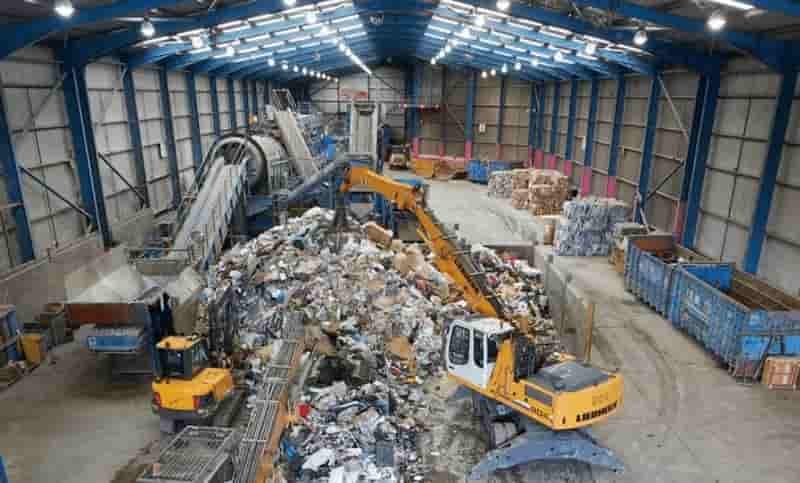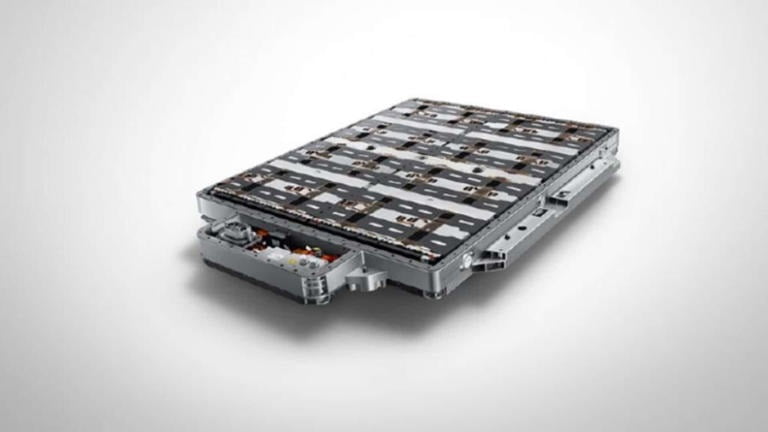A newly developed plant-based plastic material releases nine times less microplastics than conventional plastic when exposed to sunlight and seawater, a new study has found.
The research, led by the University of Portsmouth and the Flanders Marine Institute (VLIZ), in Belgium, looked at how two different types of plastic break down when tested in extreme conditions. Enzymatically recycled polyester
A bio-based plastic material made from natural feedstocks held up better when exposed to intense UV light and seawater for 76 days – the equivalent of 24 months of sun exposure in central Europe – than a conventional plastic made from petroleum derivatives.
Professor of Mechanical Engineering, Hom Dhakal, from the University’s School of Mechanical and Design Engineering, and member of Revolution Plastics said: “Bio-based plastics are gaining interest as alternatives to conventional plastics, but little is known about their potential source of microplastics pollution in the marine environment.
“It’s important to understand how these materials behave when they’re exposed to extreme environments, so we can predict how they’ll work when they’re used in marine applications, like building a boat hull, and what impact they might have on ocean life.
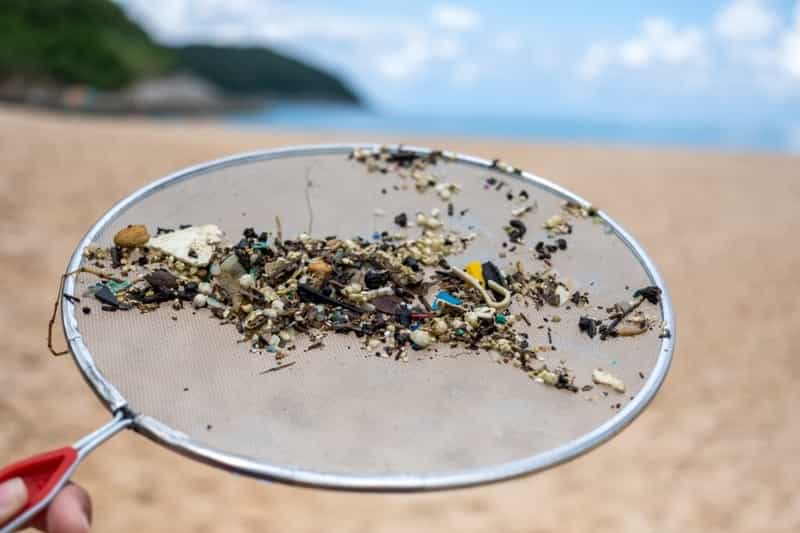
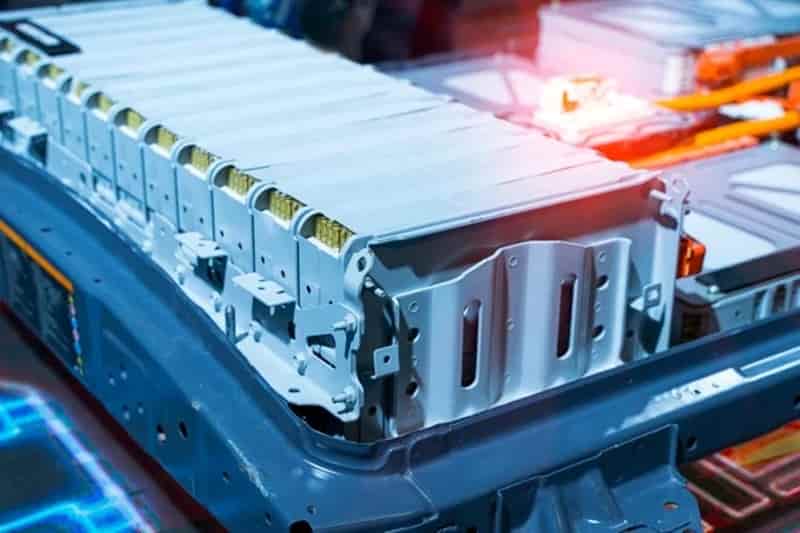
Amandina Bumi Nusantara, an Indonesian plastics recycler, provides rPET for Coca-Cola, Fanta, Sprite, and Sprite Waterlymon bottles using two Starlinger recoSTAR PET 165 HC iV+ bottle-to-bottle recycling systems
Operating on the outskirts of Jakarta, Amandina’s PET recycling plant processes 3,000 tons of PET bottles monthly, producing clear bottle-grade rPET pellets for carbonated beverages and spring water, along with hot-washed flakes in clear and light-blue colors.
Installed in autumn 2022 by local technicians from Starlinger’s Indonesian branch office, these recycling systems enable Amandina to support companies in meeting sustainability goals. Collaborating with the Mahija Parahita Nusantara Foundation for post-consumer PET bottle collection, Amandina champions waste pickers as essential contributors to recycling efforts. Enzymatically recycled polyester
CCEP Indonesia aims for 100% recyclable packaging by 2025, with at least 50% of plastic bottles made from rPET. By 2030, they plan to collect all plastic bottles for recycling and eliminate virgin plastic from their products.
PT Amandina Bumi Nusantara is the first PET recycler in Indonesia to receive the SNI Marking Product Certificate, ensuring compliance with the Indonesian National Standard for recycled PET resin quality. This standard, established in 2017, emphasizes safety and sustainability, supported by certifications from BPOM, Halal, and FSSC 22000, allowing rPET use in food and beverage packaging. Enzymatically recycled polyester
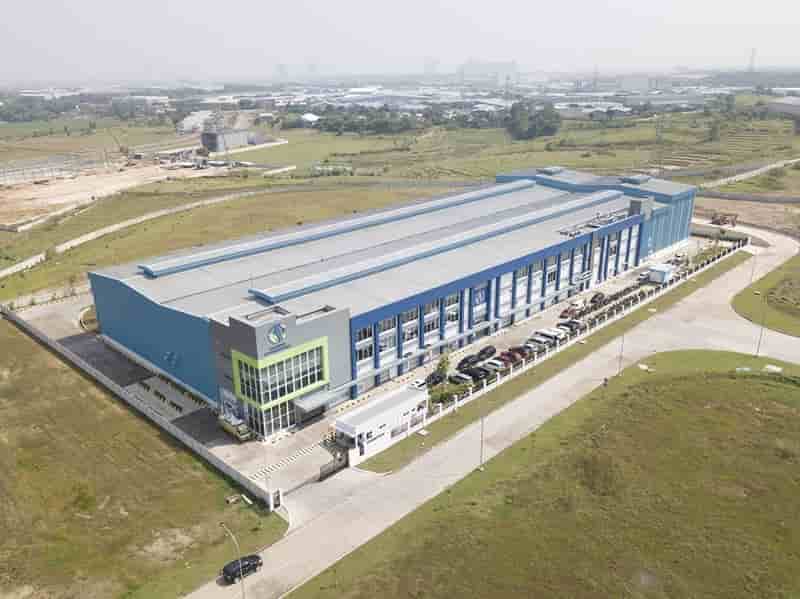
Formerra and Evonik have formed a strategic alliance, expanding Formerra’s reach with Evonik’s high-performance polyamides, including sustainable solutions
This partnership enables Formerra to distribute Evonik’s polyamides and sustainable materials in the U.S., Canada, Puerto Rico, and Mexico. PA12 and polyamides from Evonik are now part of Formerra’s lineup for automotive, aerospace, and industrial applications.
Doug Zupan, Formerra’s VP of Operations, is excited about this new partnership, stating that it allows them to provide top-tier materials for critical applications.
Craig Schmidter, Evonik’s Americas Director of Granules and Compounds, sees Formerra as the ideal distributor for their polyamide products due to their vast network and technical support. Enzymatically recycled polyester
Evonik’s products enable Formerra to enter new markets like aerospace and oil & gas, while Formerra will support customers with logistics, warehousing, and technical service. The collaboration aims to fuel customer innovation in multiple markets.
Formerra will showcase their offerings at NPE2024: The Plastics Show in booth S39025 at the Orange County Convention Center in Orlando, Florida.
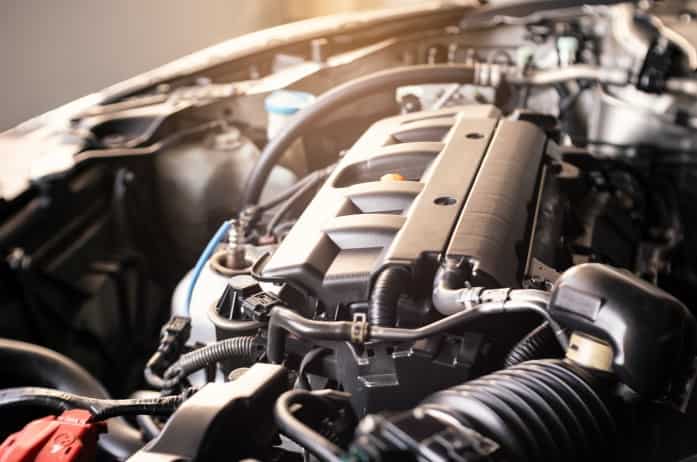
Enzymatically recycled polyester

